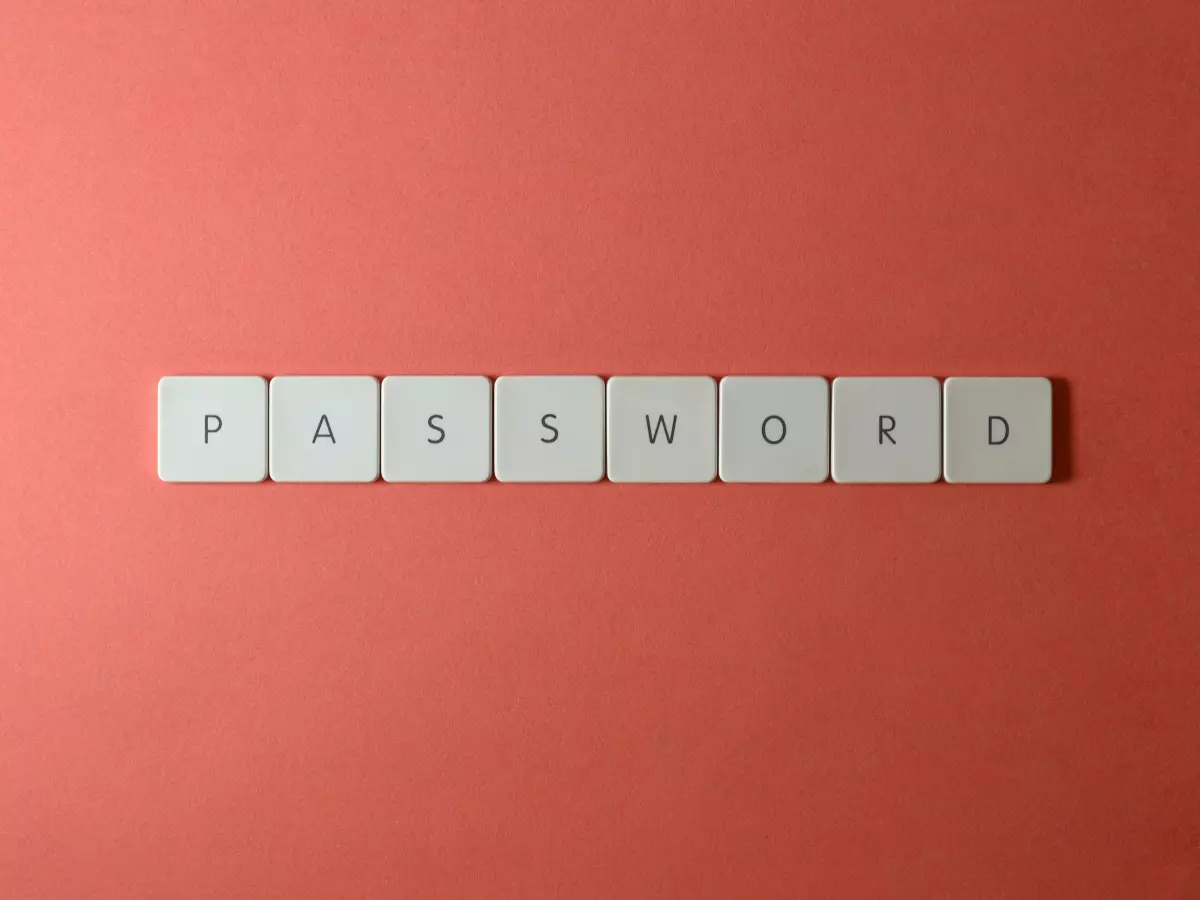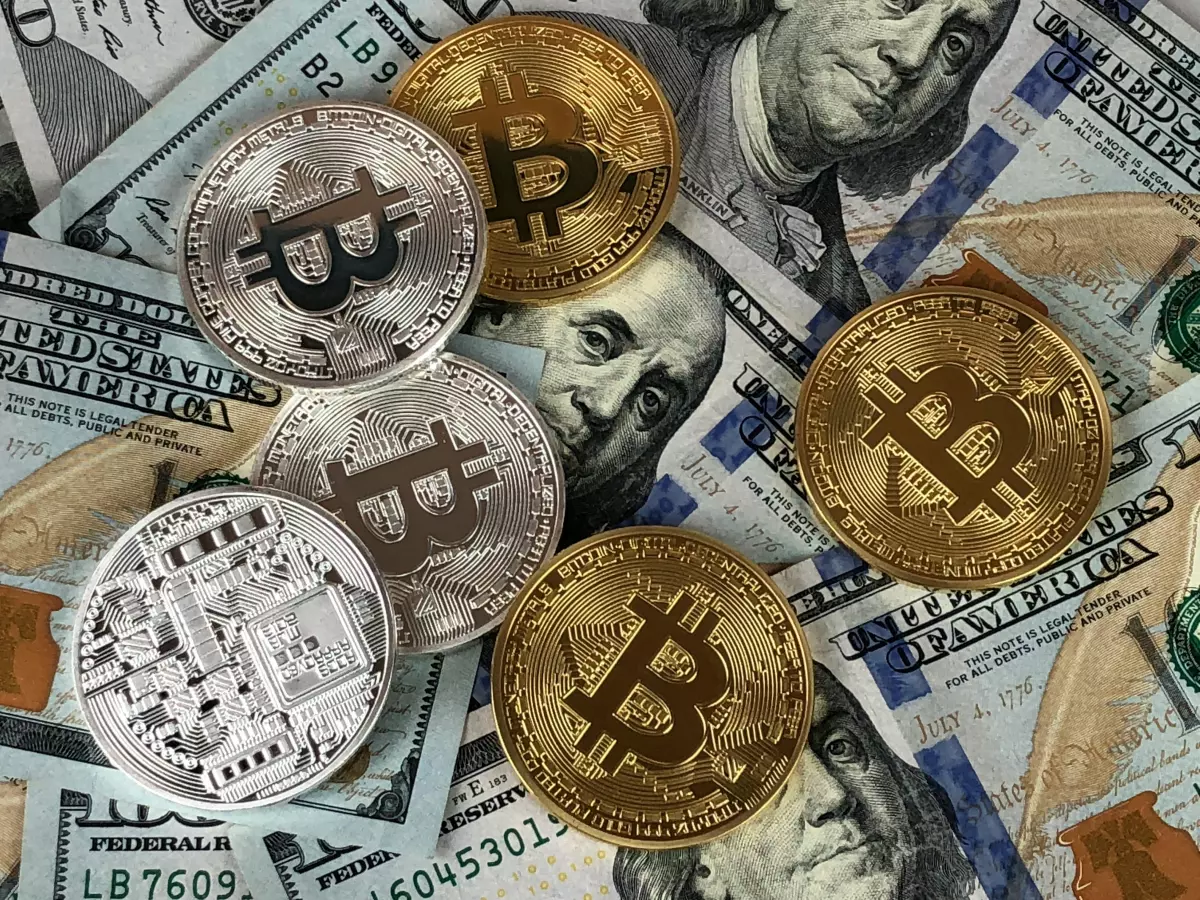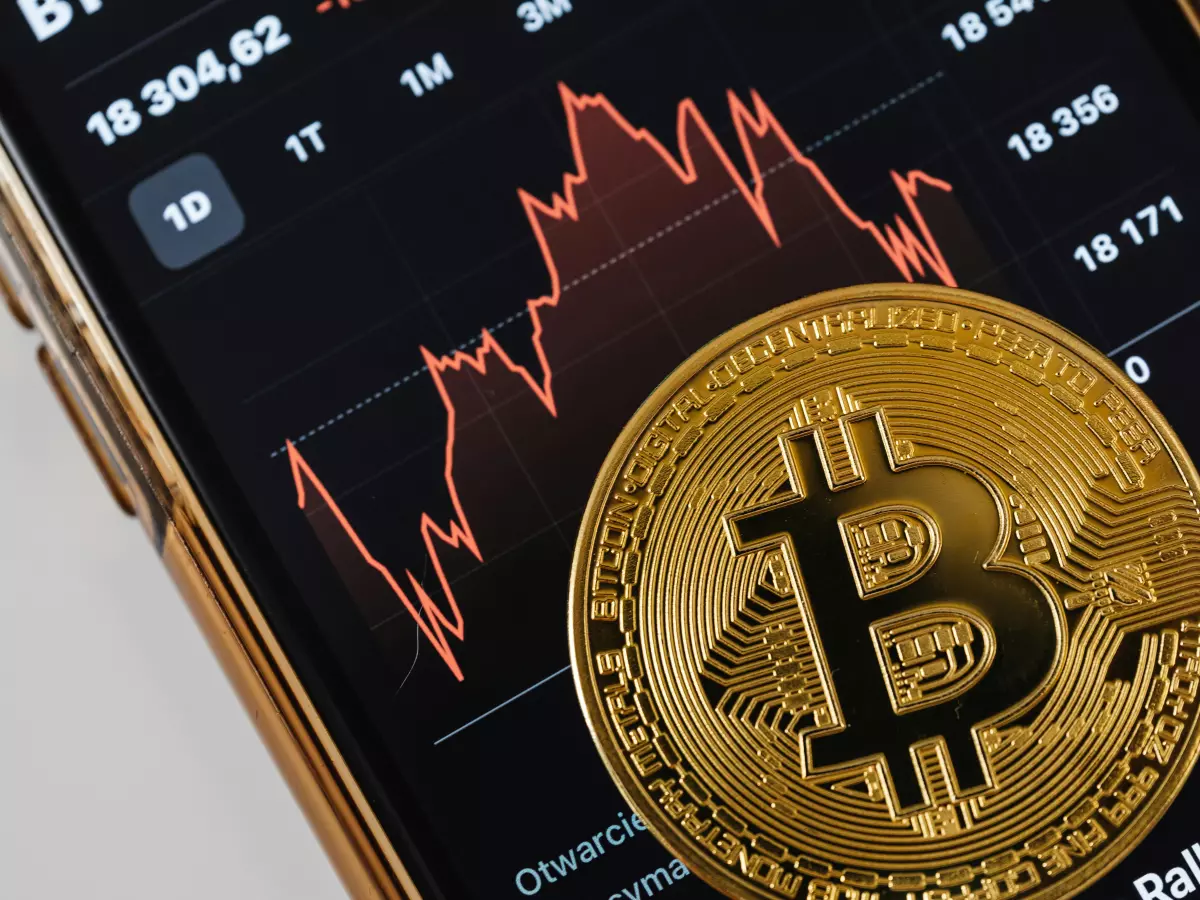Bitcoin’s Identity Crisis
Has Bitcoin's institutional adoption compromised its founding principles?

By James Sullivan
Bitcoin was born out of a rebellion. A decentralized, peer-to-peer currency that would free us from the clutches of banks and governments. At least, that’s what the whitepaper promised. But fast forward to today, and you’ve got institutions, hedge funds, and even governments sniffing around Bitcoin like it's the new Wall Street darling. So, here’s the million-dollar question: Is Bitcoin still Bitcoin if it’s being gobbled up by the very entities it was designed to avoid?
Some Bitcoin maximalists are starting to sweat. They argue that as Bitcoin becomes more institutionalized, it’s losing its soul. The very thing that made Bitcoin revolutionary—its decentralization—is being threatened by the influx of big money and centralized control. But is that really the case, or is this just a bunch of crypto purists clutching their digital pearls?
Let’s break it down. On one hand, Bitcoin’s institutional adoption is a sign of its success. It’s no longer just a fringe asset for tech geeks and libertarians. It’s being taken seriously by major players in the financial world. This means more liquidity, more stability, and—let’s be real—more legitimacy. But on the other hand, the more institutionalized Bitcoin becomes, the more it starts to resemble the very system it was designed to disrupt. You know, the one with centralized power, gatekeepers, and all that jazz.
According to Cointelegraph, this paradox is causing a rift within the Bitcoin community. Some argue that institutional adoption is inevitable and even necessary for Bitcoin to reach its full potential. Others believe that Bitcoin’s true value lies in its ability to operate outside of traditional financial systems. And here’s where things get spicy: If Bitcoin becomes too institutionalized, could it lose its decentralization altogether?
Bitcoin’s Founding Principles: A Quick Refresher
Let’s take a quick trip down memory lane. When Bitcoin was first introduced by the mysterious Satoshi Nakamoto in 2008, it was designed to be a decentralized currency. No central authority, no middlemen, just peer-to-peer transactions verified by a network of nodes. The whole point was to create a system that couldn’t be controlled by any single entity—whether that be a government, a bank, or a corporation.
But here’s the kicker: As Bitcoin becomes more popular, it’s also becoming more centralized in some ways. Large institutions are buying up massive amounts of Bitcoin, essentially hoarding it. And with the rise of Bitcoin ETFs and custodial services, more and more people are trusting third parties to hold their Bitcoin for them. So much for “be your own bank,” right?
This shift has some people worried that Bitcoin is losing its decentralization. If a handful of institutions end up controlling a significant portion of the Bitcoin supply, they could, in theory, manipulate the market. And if people are relying on centralized services to store their Bitcoin, we’re right back to the same old problem: trusting intermediaries.
The Institutional Appeal: Why Big Money Loves Bitcoin
So why are institutions so interested in Bitcoin all of a sudden? Well, for starters, Bitcoin has proven itself to be a solid store of value. Despite its volatility, it’s outperformed pretty much every other asset class over the last decade. And with inflation on the rise, Bitcoin’s fixed supply makes it an attractive hedge against fiat currency devaluation.
But there’s more to it than just numbers. Institutions are also drawn to Bitcoin’s potential as a global currency. Unlike traditional currencies, Bitcoin isn’t tied to any one country or government. This makes it an appealing option for international transactions and cross-border payments. Plus, with the rise of decentralized finance (DeFi), Bitcoin could play a key role in the future of financial systems.
However, this institutional interest comes with a catch. As more big players enter the space, they bring with them the same old rules and regulations that Bitcoin was supposed to bypass. We’re already seeing this with the rise of Bitcoin ETFs, which are subject to strict regulatory oversight. And let’s not forget about the environmental concerns. As institutions invest in Bitcoin, they’re also pushing for more sustainable mining practices, which could lead to further centralization of mining operations.
Can Bitcoin Stay True to Its Roots?
So, where does this leave us? Can Bitcoin continue to grow without losing its decentralized nature? Or is it destined to become just another cog in the institutional machine?
There’s no easy answer. On one hand, institutional adoption could help Bitcoin reach new heights, both in terms of price and mainstream acceptance. But on the other hand, it could also lead to a loss of decentralization and autonomy. The key will be finding a balance between the two. If Bitcoin can maintain its decentralized infrastructure while still attracting institutional investment, it could very well become the global currency that Satoshi envisioned.
But if it becomes too centralized, it risks losing the very thing that made it special in the first place. And that’s a risk that many Bitcoin purists aren’t willing to take.
The Future of Bitcoin: A Balancing Act
At the end of the day, Bitcoin’s future will depend on how well it can navigate this institutional paradox. Can it continue to grow without compromising its core principles? Or will it become just another asset in the portfolios of big banks and hedge funds?
Only time will tell. But one thing’s for sure: Bitcoin’s journey is far from over. Whether it remains a decentralized currency or becomes a fully institutionalized asset, it’s clear that Bitcoin has already changed the world. The question now is, how much more will it change—and at what cost?





